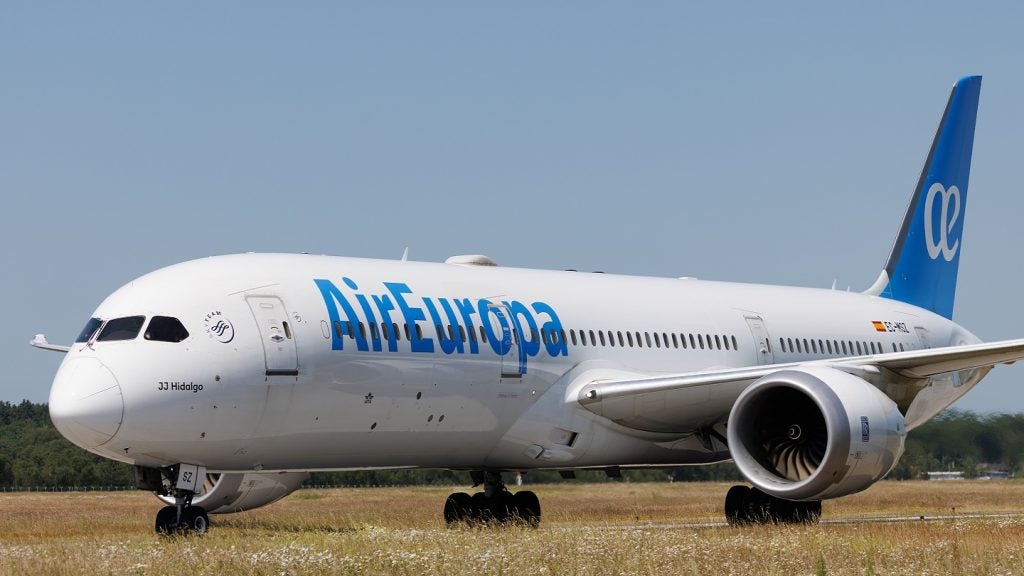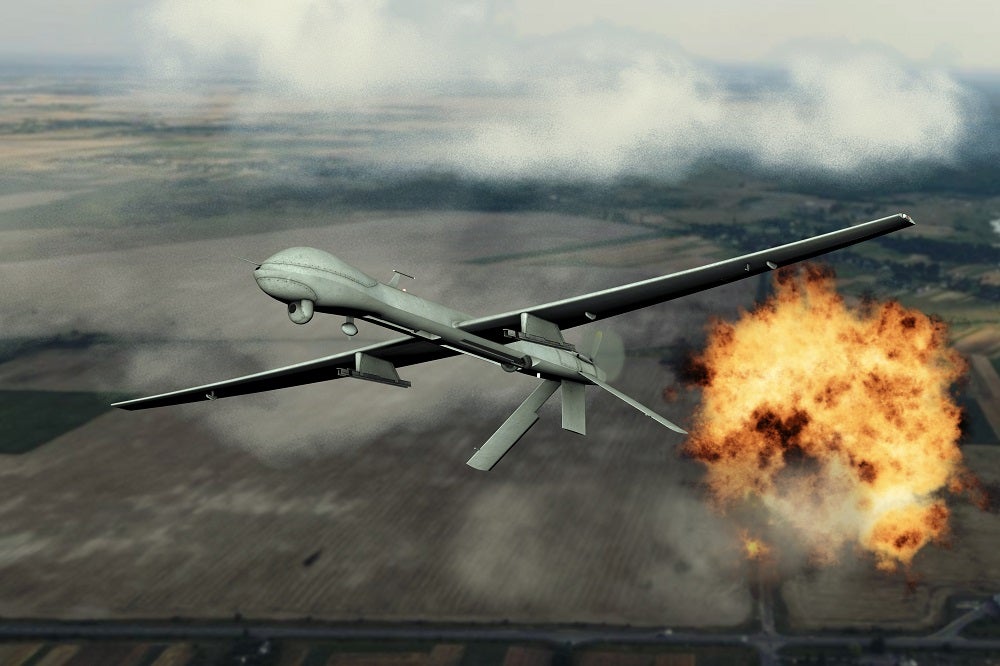Aviation is a large and highly complex industry facing ever-evolving challenges to meet specific procedures and operational requirements. Effective aviation training and learning management systems have to deliver on these unique operational factors.
The airline sector needs trained and skilled workforce to ensure safe and efficient aviation operations and meet a variety of regulatory requirements for the industry.
Finding the best aviation training and learning management system providers
Airport Technology has listed some of the major companies specialising in aerospace learning management system and aviation training and skill development, based on its intel, insights and decades-long experience in the sector.
The list includes companies providing internationally recognised aviation education and training programmes for aviators across different levels, from technicians and cabin crew to pilots and aeronautical engineers.
The list also includes some of the leading developers and manufacturers of high-quality and highly realistic simulation systems for aviation training, along with companies that provide customised training programmes in specific areas such as air traffic control, airport administration, airline operations, and air cargo management.
See Also:
The information contained within the download document is useful for airline operators, airport administrators, aircraft pilots, procurement officers, aviation managers, engineers, watchkeeping officers, air traffic controllers, and any other individual involved in aviation education and training.
The download contains detailed information on some of the leading aviation training companies, learning management system providers and their product and service lines, alongside contact details to aid your purchasing or hiring decision.
Types of aviation training programmes and solutions
Airlines require a variety of training programmes to educate, upskill and ensure the familiarity of aviation professionals with the latest technological systems and regulatory requirements.
Types of aviation and aerospace training programmes and solutions include, but are not limited to:
- Private and commercial pilot certificate courses
- Smart learning management systems for pilot training
- Aircraft maintenance training
- Aerospace engineering courses
- Airline operations and safety management courses
- Air traffic control and management training
- Aviation logistics management courses
- Customer relationship management training for cabin crew
- Aircraft ground support operations training
- Passenger service and handling courses
- Aviation security training courses
- Computer-based online training systems for aviators, and
- Software tools for aviation training and administration
For full details (including contact details) on the leading companies within this space, download the free Buyer’s Guide below:
Frequently asked questions
-
What are Learning Management Systems (LMS) in the aviation industry?
Learning Management Systems (LMS) in aviation provide structured training for various personnel, including pilots, air traffic controllers, and maintenance crews. These systems facilitate the delivery of online courses, simulation training, and compliance tracking, ensuring employees stay updated with the latest regulations and operational standards. LMS platforms also offer real-time performance assessment and personalised learning paths, which are crucial in maintaining high levels of safety, efficiency, and technical skill within the aviation sector.
-
How does an LMS benefit pilot training?
Aviation LMS platforms enhance pilot training by offering comprehensive digital modules, including interactive simulations, scenario-based learning, and real-time feedback. These systems allow pilots to practice complex maneuvers and decision-making processes in a controlled environment. Additionally, they ensure that pilots can stay up-to-date with new regulations, procedures, and technologies. LMS also helps aviation companies track pilot progress and regulatory compliance, streamlining certification renewals and ongoing education.
-
Why is LMS important for aviation maintenance training?
LMS platforms are crucial for aviation maintenance training because they provide structured learning pathways that ensure technicians are well-versed in safety standards, equipment handling, and troubleshooting procedures. These systems deliver up-to-date materials, including video tutorials and technical documentation, helping maintenance crews stay current with technological advancements in aircraft systems. LMS also facilitates certification management, ensuring that all staff meet industry compliance standards and reducing operational risks.
-
How do LMS platforms support regulatory compliance in aviation?
LMS platforms play a critical role in ensuring regulatory compliance by tracking the progress and certifications of aviation personnel, such as pilots, engineers, and ground staff. These systems automatically update training materials to reflect the latest industry regulations and standards. They also provide audit trails and reports for compliance verification, ensuring that airlines and aviation operators meet the strict requirements set by regulatory authorities like the Civil Aviation Authority (CAA) and the International Air Transport Association (IATA).
-
What are the benefits of simulation-based learning in aviation LMS?
Simulation-based learning in aviation LMS offers a realistic, risk-free environment where pilots, crew, and technicians can practice critical skills. Simulations replicate emergency scenarios, equipment malfunctions, and complex maneuvers, enabling personnel to gain hands-on experience without compromising safety. This type of learning enhances decision-making abilities and ensures that aviation professionals are prepared for real-world challenges, improving overall operational safety and performance.






